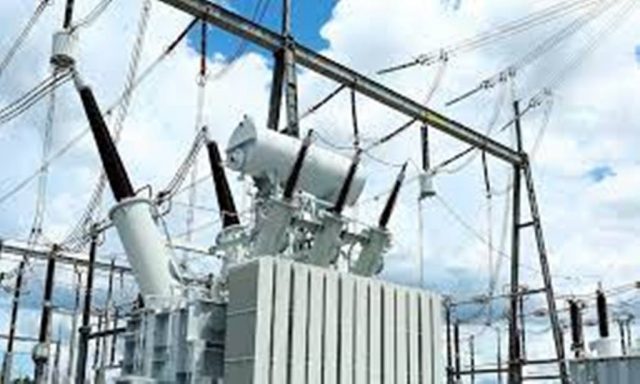In order to achieve greater competitiveness, the industrial companies of Central America seek to increase their participation in the Regional Electricity Market (MER), and negotiate directly with the electric generators the most convenient price conditions in the market for non-residential consumers or large final buyers of electric power.
It is worth mentioning that one of the commitments supported by the MER consists of optimizing the wholesale electricity markets, in such a way that qualified participants can carry out commercial transactions under better price conditions. And consequently, this benefit is transferred to the supply of goods and services of the Central American inhabitants.
However, national electrical regulations are not harmonized in terms of operation in the MER and therefore, the participation of a greater number of industrial and commercial companies in this market is limited. For example, Guatemala has 1,138 large users; El Salvador with 15 end users; Nicaragua with 16 large consumers; and Panama with 82 large clients. Costa Rica is the only country in the region that does not have private participation; only the state electricity company enjoys the right and benefit of participating in the MER.

In Costa Rica
“Costa Rica has a public and private installed capacity that must be used to benefit the country’s competitiveness. However, the country does not comply with the MER competitiveness principle since the Costa Rican Electricity Institute (ICE) is the only agent authorized to participate in this market.
This results is a legal barrier to the opening of the market, as well as the sale of surplus energy that makes impossible to have greater competition and better rates for consumers”, explained Lizandro Brenes, Energy Advisor of the Costa Rican Chamber of Industries (ICRC) and member of the regional committee of energy of FECAICA.
Increase loses
In the technical sphere, another condition that also limits the opportunity to take advantage of the maximum capacity of the 300 MW circuit of the SIEPAC Project is that countries such as Honduras and Nicaragua show lags in strengthening their local electricity transmission infrastructure. This is a situation that causes electrical losses in the transmission and that can be reduced, or increase the risk of interruptions in the national supply such as the MER.
In this sense, FECAICA, through its regional energy committee, and with the support of the Central American Bank for Economic Integration (CABEI), approved the preparation of the Diagnosis of the barriers and proposed plan to increase the participation of large consumers in the Regional Electricity Market. This will include the study on comparative legislation of the MER.
FECAICA invites the authorities related to the administration and operation of this valuable project for the region, so that they can agree on favorable access conditions to the Regional Electricity Market so that all non-residential consumers can receive the benefits raised by the project.
Energy is a priority issue on the FECAICA agenda. This is a basic input for the productivity of the industries, in addition to being strategic for the generation and retention of jobs, and increase of wages in the industrial sector.

